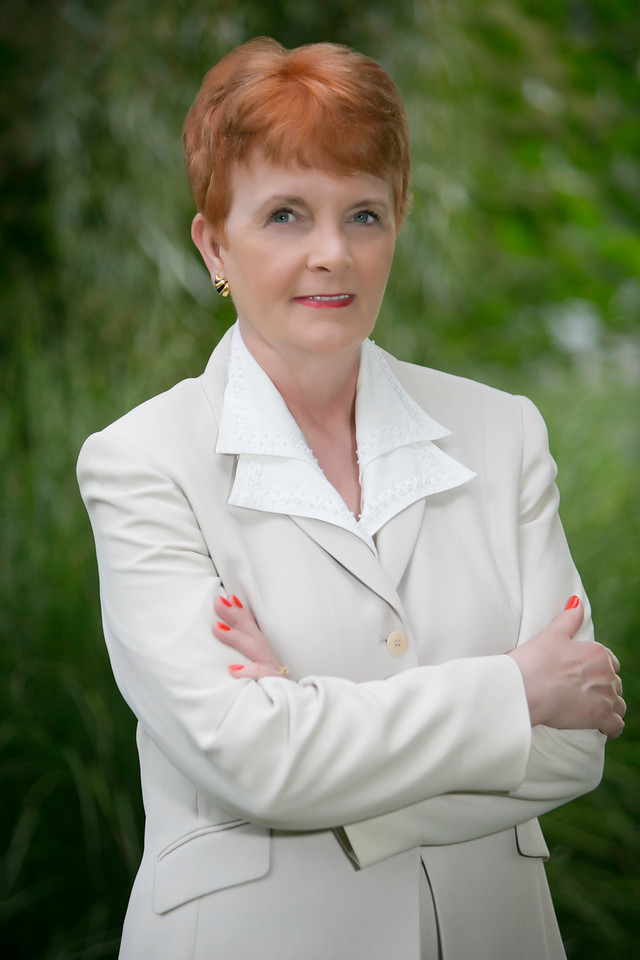Too Much Information; Too Little Time; Too Many Decisions to Make
In today’s volatile business environment, we receive considerable amounts of data and information to sift and think through to make crucial decisions that impact our organizational goals and results. Developing our critical thinking skills is essential as leaders at all levels, as project managers, and in managing our careers to recognize the impact of our choices and be flexible to course correct when necessary.
The Brain In Survival Mode
Our brain is the ultimate survival machine. When we lived in caves and could be an animal’s next meal, our mind learned to act fast, think later! Now, we have to retrain it to think first, then act!
Our success depends on how good we are at ferreting out the facts, listening to all sides, analyzing, synthesizing, and evaluating options and strategies to get results.
As Leaders
All leaders are involved in these critical thinking areas:
- Strategic Thinking because developing decisions to achieve results that are in alignment with the company’s vision and mandate is essential
- Change management because organizations are continually looking to perform better.
- Creating a vision that illustrates their team’s impact on the organization’s goal and the business overall
- Finally, communicating that vision that inspires, motivates, and grows their team.
Catherine J. Rezak wrote an excellent article, “Developing Your Critical Thinking Leadership Skills.” You can read it at https://bit.ly/3iqx8gQ. As she states so succinctly, “If ever there was a time for clear, discerning, solution-centric thinking, this is it.”
As Project Managers
One day I was asked to attend an emergency meeting. One of our largest systems had crashed, and our team had to fix it as quickly as possible. Many attendees offered solutions. After hearing several people, I asked, “How can we determine a solution when we haven’t defined the problem?” Because we were in “panic mode,” we were making assumptions when we needed to evaluate and analyze the facts. That is our brain in old survival mode!
My advice was to stop, gather the facts, and think through where the problem occurred, the context around the system crash, listen to our customers, and determine viable solutions.
We need to use the same critical thinking skills in managing a project as we do as leaders of our teams.
As Career Managers
We must manage our careers as if we were owners of our own company. Periodically, review your Personal Brand: What do you want people to know about you and the value you bring? Do you need to update your Brand? How can you apply what you have learned since your last review that adds value? Where is your company or industry heading, and how can you provide value in those areas? If not, what do you want to learn to keep abreast of these changes? What career goals have you achieved, and what plans do you want to add?
My website, www.ExecutivePotentialPlus.com, can give you ideas on career management.
What Affects Decision Making?
Through life experiences, we have developed beliefs, some of which are affected by bias. Bias carries a negative connotation, but uncovering at least a few can help create a different perspective and understanding of issues, we find in the workplace.
Bias can distort the facts. I can’t begin to express my surprise when I realized early in my career; I had a False Consensus Bias, where I believed everyone thought as I did! That affected my decision-making ability as an aspiring project manager because I didn’t look for an opposite perspective. I didn’t realize there was one! Luckily, that was many years ago. I have gained much wisdom since then (I hope!).
There is a long list of Biases. Wikipedia (https://bit.ly/2FYxNIu) lists Belief, Behavioral and Decision-Making Biases, among others. An example would be Confirmation Bias, interpreting new information as confirming your existing beliefs.
We have heard a lot about social bias, such as gender bias. A friend and former colleague, Denise Reed Lamoreaux, the Global Chief Officer of Diversity at Altos, has given several insightful sessions on this subject. You can view those at https://bit.ly/3gFnQx3. Since these biases are so deeply entrenched that we are not aware of them, Harvard has a test you can take at https://bit.ly/3a7iF6J to uncover your specific preferences in this area.
Perhaps you will uncover a bias or two you were unaware of, and it is a learning experience that is well worth discovering. Life can become much more comfortable and less stressful.
Tying It Together
Developing Critical Thinking skills are essential to success as leaders, as individual performers, and CEOs of your own company, I, Inc.
Listen to different perspectives, gather facts, ask lots of questions. Then, synthesize that information and develop strategies and action plans for getting done what is critical to you and your organization’s success!



0 Comments